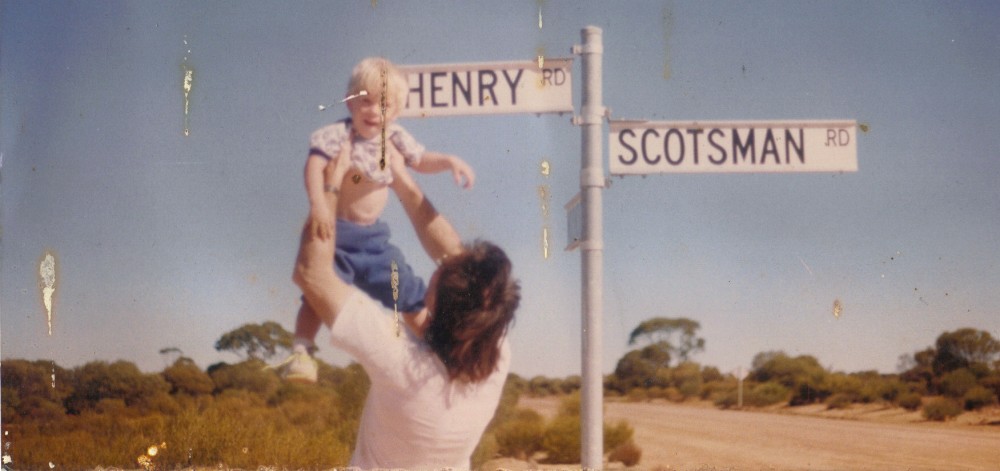We all know that rock’n’roll has its roots in a slang word for sexual congress and originates with so-called race records. What became interesting is the way that this began to be hinted at in a more demure time. The music of rebellion was toe-ing the line.
So Susie’s frantic date tells her to wake up; they’ve fallen asleep at the movies and now their ‘reputation is shot’
Rock’n’roll is simple and lends itself to formula. Neil Sedaka with Calendar Girl springs to mind. Run through the months of the year finding nice things to say about the woman of your affection and you have your song.
The use of proper nouns provides for considerable leeway as you can say what you like about Margaret or Donna or Peggy Sue as long as you keep your story straight.
Rock’n’roll is self-referential; good time music that wants to draw your attention to the fact that you’re dancing, enjoying the performance and the music; you’re getting off on it. For the same reason, there’s numerous references to the dances and dance halls, the clothes everyone was wearing. There’s a fair percentage of songs about cars and girls.
To this day, major rock bands like AC/DC base a part of their large catalogue on rock’n’roll mythologising. But they now span forty years themselves.
Rock’n’roll is a music conceived as youthful differentiation, a celebration of teens from sixty years ago.
There’s little in the way of subterfuge. the Big Bopper tells us he likes Chantilly Lace and explains why. It’s her physical attributes and her movement.
There’s early sledging, like Bo Diddley’s Say Man and speed is celebrated as is action.
